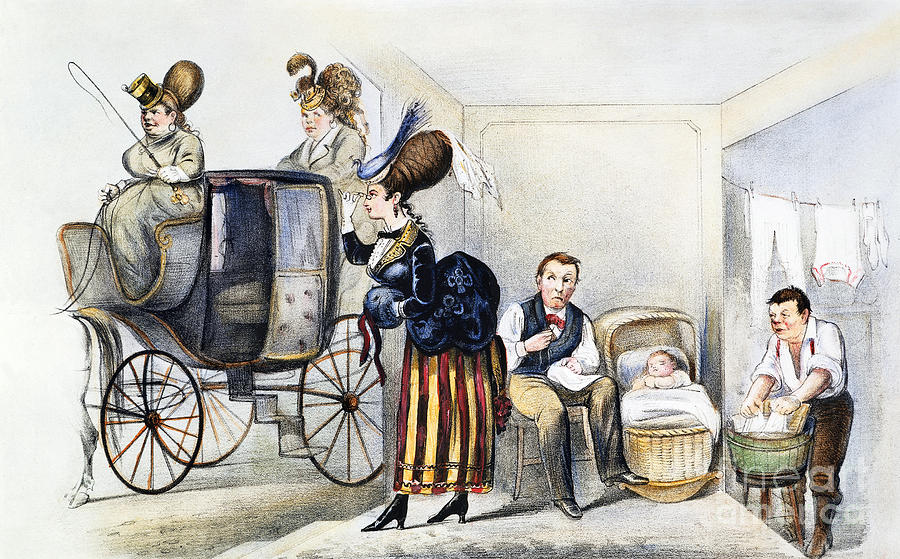Yes, I’m a Feminist
In 1862 the United Kingdom’s Parliament passed the first in a series of Contagious Disease Acts. The Members of Parliament considered sexually transmitted diseases a matter of national security. The MPs believed prostitutes spread the disease to the Armed Forces and weakened them.
The Acts specifically targeted suspected prostitutes, not the soldiers, sailors, or marines. It empowered Police Officers to detain and inspect women. The inspection included an intrusive speculum exam.
(Men, if you don’t know what this is, ask a trusted female friend or relative).
The pretext of this body cavity search was to find and stop the spread of STDs among the Armed Forces. Parliament identified female prostitutes as the source of this national security threat and gave Police the authority to “hospitalize†(jail) any women showing signs of an STD.
Would it surprise you to learn that in the late 1800s women neither voted nor served in Parliament?  According to tradition, men looked after the “weaker sex.â€Â Men dominated the public sphere—politics, war and the market place—while women took care of the private sphere—home, childcare, and church.

Prostitutes violated this tradition. They entered into the public sphere. They stepped outside of social protections and hurt men.
The men who passed these laws publicly advocated for property rights and a free market. The hypocrisy was clear. Men should be free, but women needed to be controlled.
The Contagious Disease Acts were a step too far for Victorian women. They knew that a threat to women’s rights anywhere was a threat to women’s rights everywhere. These acts sparked the beginnings of modern feminism.
Feminists like Josephine Butler highlighted the inherent inequality of the act. It punished the women involved but the men faced few consequences. Butler no longer trusted male politicians to protect her and other women.
Women around the United Kingdom mobilized and spoke out. They didn’t want to engage in prostitution, but they did want to protect themselves from big government.
In 1886, the feminists won. Parliament repealed the acts. The battle for political and social equality, however, had just begun.
A new generation of feminists like the Pankhurst family expanded their demands. Feminists fought for and won the right to vote, workplace safety standards, and better wages for all.
Politicians often can achieve their momentary goals of protecting their special interests. If they overreach, however, they may get more than what they bargained for.
Comments
You must be logged in to post a comment.